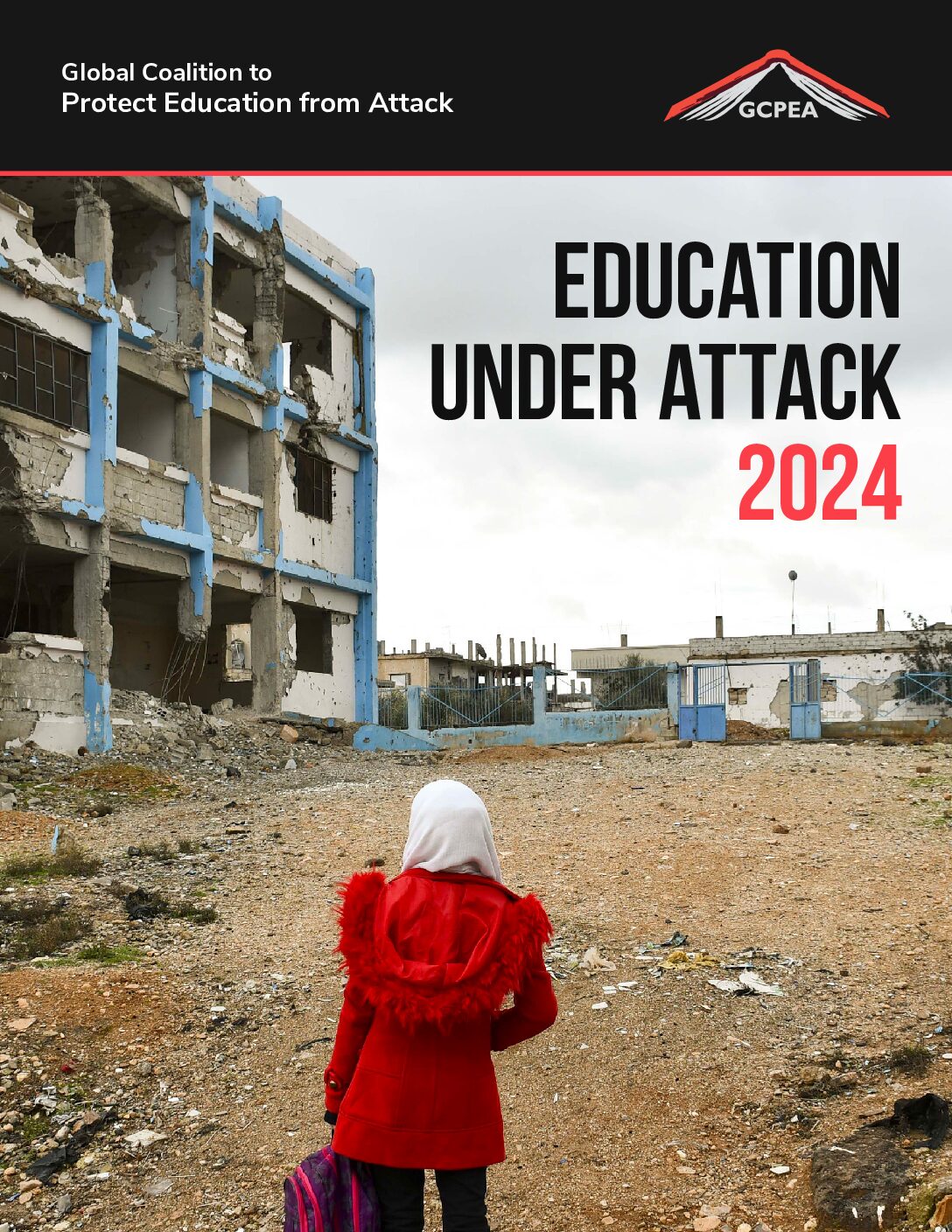GCPEA News
Islamic State Advance in Iraq Closes Eight Universities
Al-Fanar Media, August 21, 2014
Eight universities across northern Iraq have been shuttered and appear unlikely to open soon after the sweep of extremist fighters through the region.
After students and faculty members fled the advance of militants with the Islamic State, formerly known as the Islamic State of Iraq and Syria (ISIS), the fighters have settled into dormitories on at least one campus and Iraqi soldiers are using another campus as a base. The Iraqi government is trying to cope with refugee students flooding campuses still under government control.
“The situations is tragic,” said Minister of Higher Education and Scientific Research Ali Al-Adeeb, who gave the number of eight closed institutions during an August 21 address to the Iraqi parliament.
Major campuses like Al Fallujah University, University of Mosul and Tikrit University are closed. Newer public institutions, smaller private schools and Islamic-oriented universities in Islamic State territories also closed.
Tikrit—student population 16,000—has become a war zone. A wing of the teaching hospital that contained 150 beds for women and children was demolished. Iraqi troops have taken over Tikrit University.
“The army took the college of agriculture as a base two months ago,” said Tmmam Nizar, 21, a computer science and mathematics student at Tikrit. “All the battles are there.”
Students and professors who studied or taught in Islamic State-held regions—where the militants have declared a new caliphate—are in limbo as the start of the academic year approaches. Islamic State attacked during exam time at the end of spring term, so many students were forced to flee the violence just as they were expecting to receive their degrees.
“The university emptied,” said Nooran Al-Jubory, a dentistry student at Tikrit University who is now in her hometown in Kirkuk, a city controlled by Kurdish forces. “I still have four exams to take but it seems impossible to do that—the university has turned into a battlefield.”
A University of Mosul biologist, Ghaidaa Al-Rasool, said administrators wisely shut down the institution on June 6 when Islamic State fighters overran Samarra, a city between Mosul and Baghdad, where the Samarra University, founded two years ago, was forced to close its doors. There aren’t plans to reopen either institution.
Islamic State fighters have largely kept Mosul University intact because they are living in its dormitories and using its facilities, including arms and equipment from campus security. The Iraqi government cut electricity to campus and destroyed some of the university buildings when they were shelling Islamic State fighters, added Al-Rasool.
“All the scientific laboratories are well and safe,” said Al-Rasool, “Only the faculty of agriculture was looted but ISIS fighters stopped that. ISIS is the only group in the university now. They have taken all the cars and weapons in the university.”
Even if Islamic State fighters hadn’t occupied campus, classes won’t likely be offered in the fall as long as the fighting raged, she said.
“No family will allow their son or daughter to go to the university,” said Al Rasool, who added that the journey to and from Mosul—Iraq’s second-largest city—was fraught with danger. “The roads to Mosul are all unsafe and have turned into battlefields, so how could the exams resume? I don’t know what will be the fate of those students.”
On campuses in areas contested by Islamic State—like Anbar University in Ramadi—administrators are trying to prepare to for the start of the term. But now, technically, the school is still on summer break.
It’s not clear if many students will return if the school opens. Al-Jubory, the dentistry student, described her experience fleeing Tikrit, birthplace of former Iraqi dictator Saddam Hussein, as harrowing. “There were ISIS members, burnt army checkpoints and vehicles. It was so scary,” she said “There were ISIS checkpoints whose members were both Iraqis and Arab fighters wearing Afghani pants and long beards.”
Some universities on Islamic State territory are slowly reopening as the militants allow staff members who are not Christians, Yazidis or other religious minorities to return to work.
But even when the Islamic State allows them back to their jobs, the radical Muslims impose their vision on university curricula and policies, including imposing gender segregation, forcing female scholars to cover their faces, abolishing fine art and foreign language departments and cutting European culture and history and similar subjects from coursework.
Under the guidance of government leaders in Baghdad, some universities in Islamic State-controlled territory are holding classes in other universities still operating in Kurdish and government-controlled territory, giving students a chance to complete their courses of study and earn a degree. Tikrit University students can study in Kirkuk University, for example.
The system continues to operate under extreme strain. Most professors in the closed universities haven’t been paid for months even as they ready to teach in far-flung facilities.
Al-Adeeb, the higher education minister, said making sure students have places to continue their education was a massive and costly undertaking.
“The number of displaced students is huge—in the thousands,” said Al-Adeeb. “We need to allocate money to build new lecture halls in the replacement campuses to contain these students and their same professors.”
Yet he held out hope that the situation on the ground might change, as some Iraq government and Kurdish victories against the Islamic State have suggested, is possible.
“It’s summer vacation now,” he said. “We will wait another month to see if the study can be resumed or not.”
By Gilgamesh Nabeel



